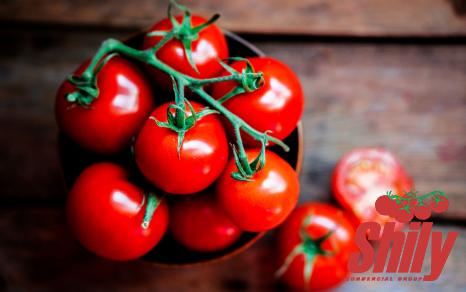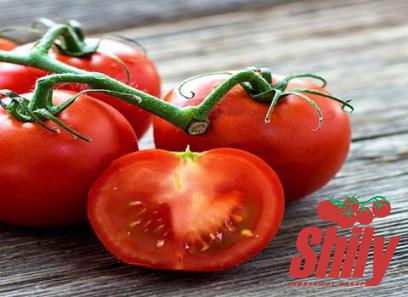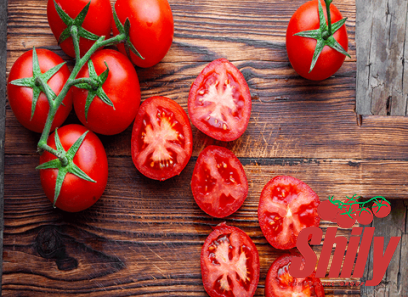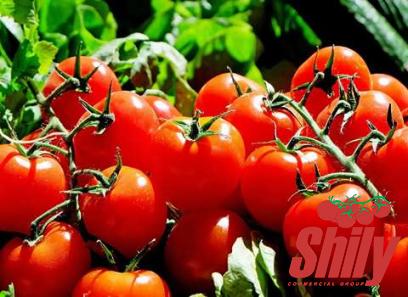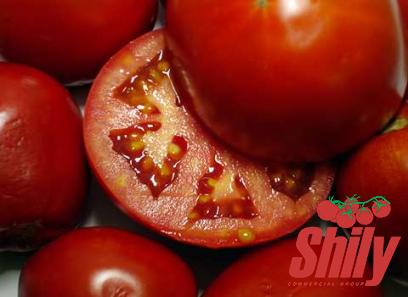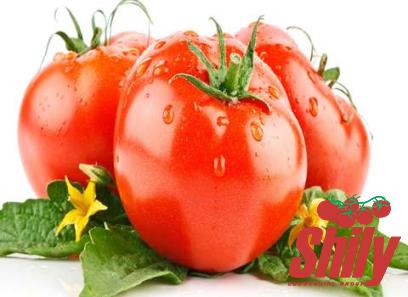The Benefits of Using Canned Tomatoes for Sauce: A Sumptuous Shortcut
Introduction:
Canned tomatoes are a pantry essential for many home cooks, particularly when it comes to making sauces. Whether you’re whipping up a classic marinara, a tangy salsa, or a comforting tomato soup, using canned tomatoes can provide numerous benefits in terms of taste, convenience, and nutritional value. In this article, we will explore the advantages of using canned tomatoes for sauce and uncover why they have become a staple in kitchens worldwide.
1. Taste and Flavor:
Canned tomatoes are harvested and canned at the peak of ripeness, ensuring that their flavor is locked in. They provide a consistent and delicious base for sauces, as the flavor profile of canned tomatoes tends to be sweeter and more intense compared to out-of-season fresh tomatoes. The slow cooking process used to make canned tomatoes enhances their natural sweetness and enriches their overall flavor, resulting in robust and well-rounded sauces.
2. Convenience and Year-Round Availability:
One of the biggest advantages of using canned tomatoes for sauce is the convenience they offer. Unlike fresh tomatoes, canned tomatoes are available year-round, eliminating the need to wait for a specific season to enjoy your favorite tomato-based sauces. Additionally, the lengthy preparation of peeling, seeding, and chopping fresh tomatoes is eliminated when using canned tomatoes. This makes them ideal for quick weekday meals, allowing you to prepare a delicious sauce in a fraction of the time.
3. Consistency and Texture:
Canned tomatoes typically have a firmer texture compared to fresh tomatoes, making them perfect for sauces. They hold their shape well during the cooking process and break down smoothly, resulting in a velvety and luscious sauce. Whether you prefer chunky or smooth sauces, canned tomatoes provide a consistent texture that is easily customizable to suit your preference.
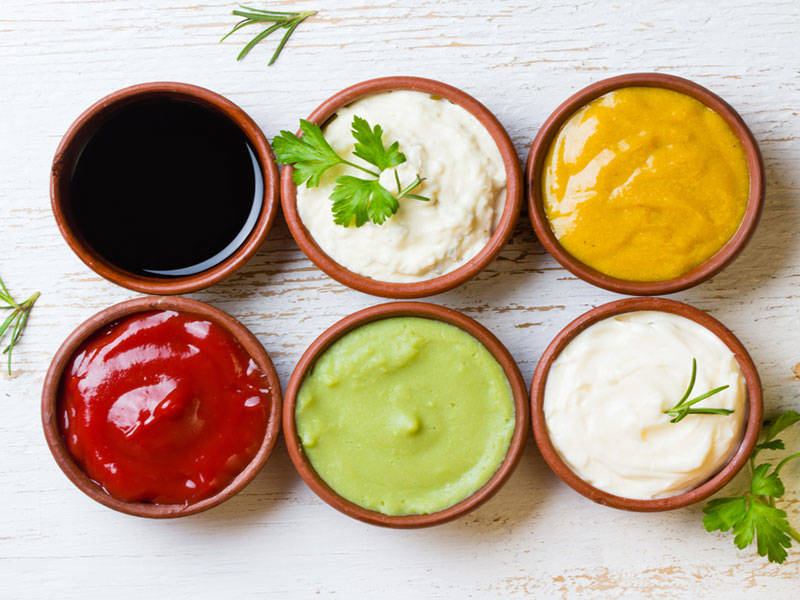
4. Long Shelf Life:
Canned tomatoes have a significantly longer shelf life compared to fresh tomatoes, extending their usability and reducing food waste. When properly stored, canned tomatoes can last for up to two years without any significant loss in quality. This allows home cooks to stock up on canned tomatoes, ensuring there is always a backup ingredient on hand for making sauces, soups, and stews.
5. Nutritional Value:
Contrary to popular belief, canned tomatoes can retain much of their nutritional value even after the canning process. Tomatoes are an excellent source of vitamins A, C, and E, as well as potassium and antioxidants. The slow cooking process involved in canning tomatoes actually enhances their lycopene content, a powerful antioxidant known for its potential health benefits, including reducing the risk of certain types of cancer. Consequently, using canned tomatoes in your sauces can provide you with a substantial dose of vitamins and minerals.
6. Versatility:
Canned tomatoes come in various forms, allowing for versatility in cooking. Whole canned tomatoes can be crushed, chopped, or blended according to the desired consistency of the sauce. Alternatively, diced and crushed canned tomatoes provide a ready-to-use option, further streamlining the cooking process. Additionally, canned tomatoes are available in different varieties, including San Marzano, Roma, or cherry tomatoes, each imparting its own unique flavor profile to your sauces.
7. Cost-Effective:
Using canned tomatoes for sauce is not only convenient but also cost-effective. When fresh tomatoes are out of season, they tend to be more expensive, while canned tomatoes remain relatively affordable throughout the year. By stocking up on canned tomatoes during sales or buying in bulk, you can save money while still ensuring a consistent supply of quality tomatoes for your sauce creations.
Conclusion:
Canned tomatoes for sauce offer a range of essential benefits for home cooks looking to add depth, flavor, and convenience to their culinary creations. With their year-round availability, consistent flavor, and cost-effectiveness, canned tomatoes provide an excellent shortcut that ensures you can always have a delicious tomato-based sauce at your fingertips. Whether you’re a busy professional or a passionate home cook, incorporating canned tomatoes into your cooking routine can elevate your meals, allowing you to savor the rich and satisfying taste of tomato-centric dishes throughout the year.1. Market Overview:
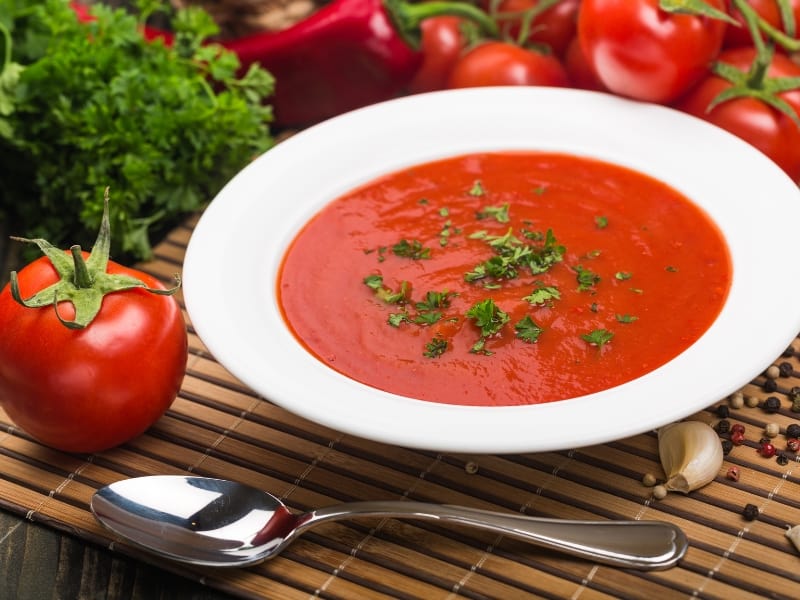
The market for canned tomatoes has witnessed steady growth in recent years, driven by the increasing demand for convenient and versatile ingredients in the food industry. Canned tomatoes are widely used by food manufacturers, restaurants, and home cooks alike for their consistent taste, long shelf life, and ease of use. The global market for canned tomatoes is expected to continue its upward trajectory, driven by factors such as changing consumer lifestyles, the rise in the popularity of ethnic cuisines, and the growing demand for ready-to-use cooking ingredients.
2. Consumer Preferences:
Consumers are increasingly opting for canned tomatoes for sauce due to their superior taste and convenience. With busy lifestyles and limited time for meal preparation, many individuals are turning to canned tomatoes as a time-saving solution for making delicious and flavorful sauces. Additionally, the consistent quality of canned tomatoes ensures that home cooks can rely on them to deliver satisfying sauces consistently, eliminating the guesswork associated with using fresh tomatoes.
3. Foodservice Industry:
The foodservice industry is a significant contributor to the demand for canned tomatoes. Restaurants, pizzerias, and other food establishments rely on canned tomatoes to create their signature pasta sauces, pizzas, and other tomato-based dishes. The use of canned tomatoes allows these establishments to maintain consistent taste and quality even during off-seasons when fresh tomatoes may not be readily available. Moreover, the convenience of using canned tomatoes helps streamline operations in busy kitchens, allowing chefs to focus on other aspects of food preparation.
4. Food Manufacturers:
Canned tomatoes play a crucial role in the food manufacturing industry, where large-scale production and consistency are of utmost importance. Food manufacturers use canned tomatoes as a base for a wide range of products, including pasta sauces, salsas, soups, and ready-to-eat meals. Canned tomatoes provide manufacturers with a reliable and cost-effective ingredient that can be easily incorporated into their recipes, ensuring a consistent taste and texture in every batch of their products.
5. Health Consciousness:
As consumers become increasingly health-conscious, the nutritional value of ingredients used in sauces has gained more attention. Canned tomatoes offer a viable solution, as they retain a significant amount of their nutritional value even after the canning process. The antioxidant-rich lycopene found in tomatoes is preserved and even enhanced during cooking, making canned tomatoes a valuable ingredient for those seeking to incorporate more nutrient-dense foods into their diet.
6. Quality Control:
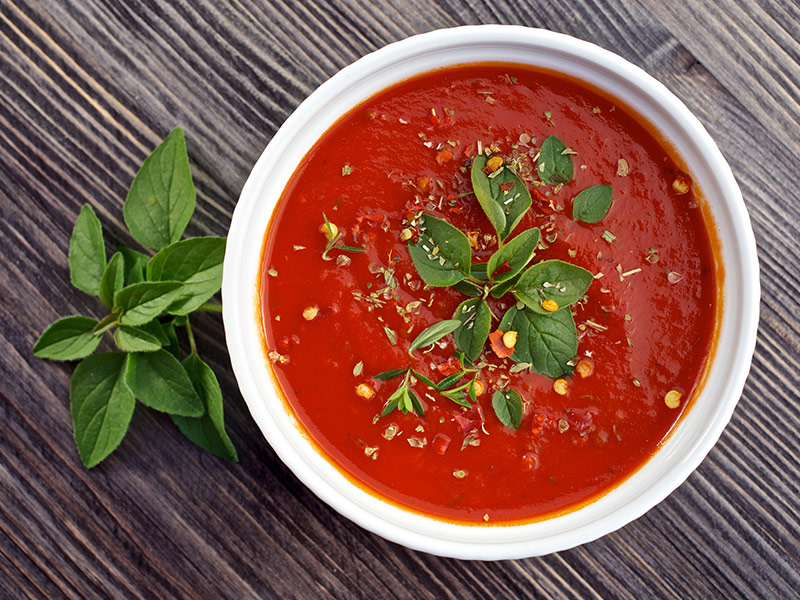
Canned tomato producers place emphasis on stringent quality control measures to maintain the high standards expected by consumers and the food industry. From the selection of the finest tomatoes to the canning process, quality control checks are implemented at every step to ensure the integrity, taste, and nutritional value of the end product. This commitment to quality drives customer confidence and reinforces the reputation of canned tomatoes as a reliable and consistent ingredient.
7. Sustainability:
Canned tomatoes offer environmental benefits compared to fresh tomatoes imported out of season. The energy-intensive process of growing, harvesting, and transporting fresh tomatoes from distant locations can result in a large carbon footprint. On the other hand, canned tomatoes can be sourced locally or regionally, reducing transportation distances and associated carbon emissions. Additionally, the longer shelf life of canned tomatoes helps minimize food waste, further contributing to sustainability efforts.
8. Product Innovation:
Canned tomato manufacturers have embraced product innovation to cater to the evolving demands of consumers. They have introduced flavored canned tomatoes infused with herbs and spices, allowing for easy recipe customization and adding an extra layer of flavor to sauces. Furthermore, organic and preservative-free options have gained popularity among health-conscious consumers, and manufacturers have responded by offering a wider range of choices to meet these preferences.
9. Packaging Advancements:
Packaging plays a vital role in preserving the quality and taste of canned tomatoes. Manufacturers continue to invest in research and development to enhance packaging options, focusing on product freshness and preventing spoilage. Innovations such as BPA-free can linings and easy-open lids have gained traction, addressing consumer concerns about food safety and convenience.
10. Supply Chain Management:
To ensure a continuous supply of high-quality canned tomatoes, effective supply chain management is essential. This involves close collaboration between farmers, processors, and distributors to optimize crop planning, harvesting, processing, and distribution. Timely harvests, efficient processing facilities, and well-coordinated logistics are critical to meeting the demand for canned tomatoes, especially during peak seasons.
Conclusion:

Canned tomatoes are not only a convenient and time-saving option for home cooks but also a vital ingredient for the foodservice industry and food manufacturers. Their consistent taste, long shelf life, and nutritional value make them an attractive choice for making delicious and nutritious tomato-based sauces. Additionally, the market for canned tomatoes continues to grow, driven by factors such as changing consumer preferences, convenience, and the rise of the foodservice industry. As future generations seek healthy, sustainable, and convenient food options, the versatility and benefits of using canned tomatoes for sauce will likely continue to thrive in the culinary world.


